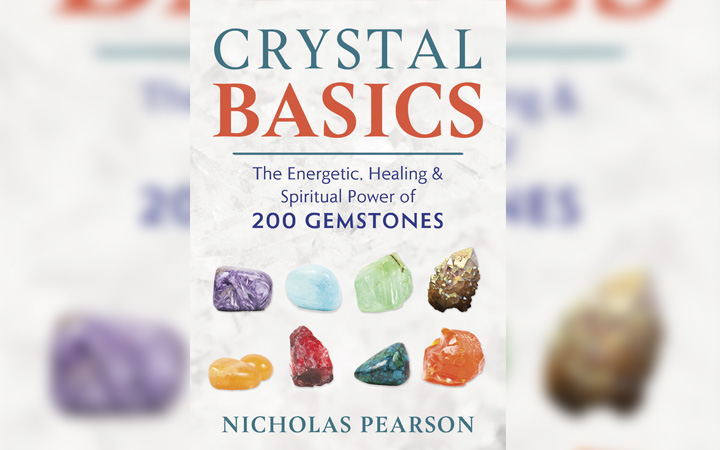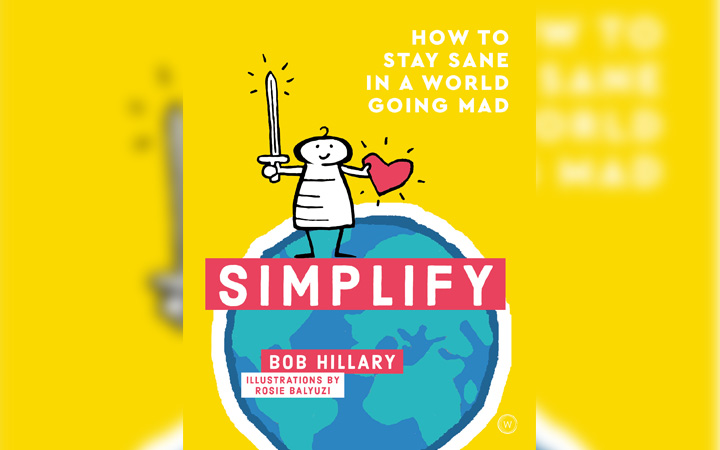Childhood’s Wisdom for Our Faith

I believe in miracles. Personal change is the greatest miracle of all. In fact, I believe we strengthen our connection to spirit when we express our highest and best self in a social world. Because isn’t it true that we also express our spiritual principles primarily through human relationships?
That’s where I find the transformative learning that evolves the Spirit of me. Individual therapy and contemplating my navel through solitary practices like journaling, prayer, spell work, and meditation, all established a solid platform for faith. Then, for the real dance of spiritual growth to begin, I needed people…spiritual community. We all do.
Principles of belief are lofty words: see the face of the divine in everyone we meet; live in respect for the interdependent web of all existence; think well of others; recognize our divine unity; do what Jesus would do; see a creative power manifested in all beings; and live for a world community that works for everyone, with peace, liberty, and justice for all. Then there’s how quotidian reality plays out. Every day, are ALL your interactions determined by foundational principles like these?
No? No problem! You’re not alone. Perhaps only ascended masters are immune to the lies of the human ego. For the rest of us, those lies always distract from our chosen principles of faith. Most of us are in continuous course correction to a path, rather than stepping briskly and easily along it.
The wisdom of childhood is a solution for those who are deeply spiritual when alone, but still struggle to always see the inherent worth and dignity that so many faiths teach us is in others. Your faith—regardless of the beliefs you hold—is enhanced exponentially by healthy relationships. You can best align your daily life with your spiritual principles when you enjoy trust, healthy interdependence, joyful play, and mutual respect and satisfaction, in your relationships at home and at work.
Those kinds of relationships are enabled by what I named the 7 Childhood Treasures. When we were born, each of us was beautifully and perfectly programmed to learn how to trust people and get along with them. One significant job of our early years was to mine these Treasures. But life messes with our original programming, and most of us enter our middle childhood without these needed interpersonal assets.
So here we are, all grown up and still not able to trust each other, to be truly interdependent rather than codependent, to relax and express the divine joy within us. We don’t always get along in life’s sacred and secular sandboxes, and struggle to accept one another as we are. Only rarely, perhaps, do we encourage each other’s spiritual growth.
In the delicate, interactive dance of development that was your first seven years, your parents likely hadn’t a clue that they were dancing, at all. As they stumbled along, they smashed your little developmental toes again and again. Yet, you need these seven social and emotional assets, for a life of practice aligned with principles in almost any faith. So, what happened, when you entered adulthood with those broken toes as your foundation?
In general, we can’t begin to open our hearts, to respect even our own dignity and worth, if we cannot trust others to meet our needs. Can you admit you have emotional needs and name them? The infant you once were could, if blessed with the power of speech. What about Independence? Do you know who you are, what you want, and how you feel? Your toddler-self knew. Can you believe in a divine world—say, of endless resource where there is always enough for everyone—although you cannot truly imagine it? With the Faith of a three-year-old, you could. Those are the first three Childhood Treasures we all need to mine: Trust, Independence, and Faith. They are followed by the capacities for Negotiation, Vision, Compromise, and Acceptance.
And here is where I bring good news and tools from the wisdom of childhood. I teach that there is a powerful and unique value in each of us, and that it is up to each of us to bring that value forward, powerfully. Relationships are not just about getting along; they should allow us to really see each other, and be seen.
This wisdom of childhood is still available to you today. If you want to be closer to Spirit, I recommend more satisfying relationships. If you want to live always knowing the worth and dignity of everyone you meet, then this mining of the 7 Childhood Treasures is your work. It is never too late to re-construct your understanding of “how relationships go.” You can re-open the mine shafts to Trust, Independence, Faith, Negotiation, Vision, Compromise, and Acceptance. You can live a Treasure-filled life of alignment with your faith, whatever its form. We all can.

 bout the Author
bout the Author




